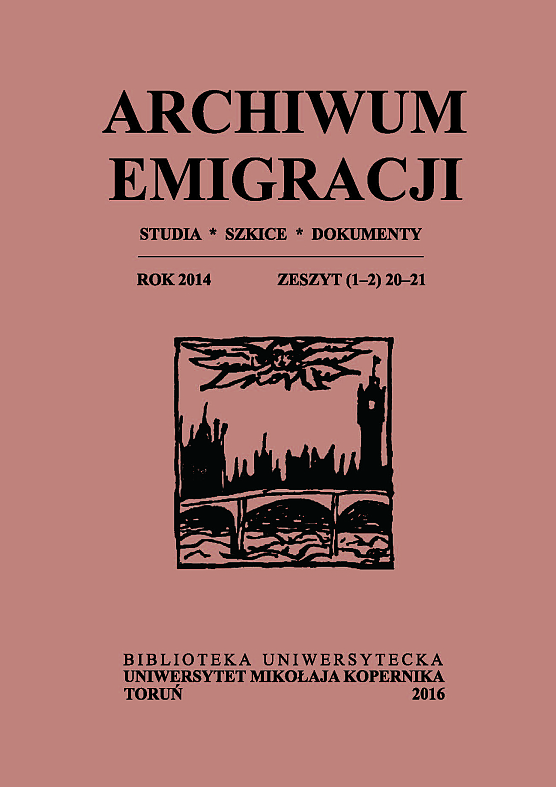Co czyni nas twórczymi? Różne kolektywy myślowe — różne „kręgi obcości”. Ludwika Flecka refleksja na temat biografii naukowej
DOI:
https://doi.org/10.12775/AE.2014.016Słowa kluczowe
scientific biography, creative individual, history of science, Ludwik Fleck, thought collective and thought-style theory, Stanley Fish, interpretative community, Jewish origin.Abstrakt
“CIRCLES OF STRANGENESS:” LUDWIK FLECK’S REFLECTION ON SCIENTIFIC BIOGRAPHY
The article attempts to answer the question of what makes particular individuals become recognized as remarkably creative. The author focuses on this issue in the work of Ludwik Fleck, a microbiologist of Jewish origin, and the father of the thought-style and thought collective theory. On the basis of his scientific biography, combining both his professional and non-professional lives presented in the light of his own theories (complemented with similar findings by Stanley Fish), the author draws the following conclusions: to become remarkably creative 1) one should achieve intellectual heights in a particular discipline or sub-discipline, 2) one should be a member of many thought collectives, and as distant to each other as possible, 3) one should be a member of a community placed by the social context to exist on the margins of society, 4) one should live in times of radical intellectual revolutions, social antagonisms, and cultural transformations. In the perspective of Fleck’s own life, it appears to be significant that he was a Polish Jew, and, what is more, a non-religious member of Jewish community. He was also an outsider in the field of epistemology, the field his greatest works are related to.
Pobrania
Opublikowane
Jak cytować
Numer
Dział
Statystyki
Liczba wyświetleń i pobrań: 621
Liczba cytowań: 0



